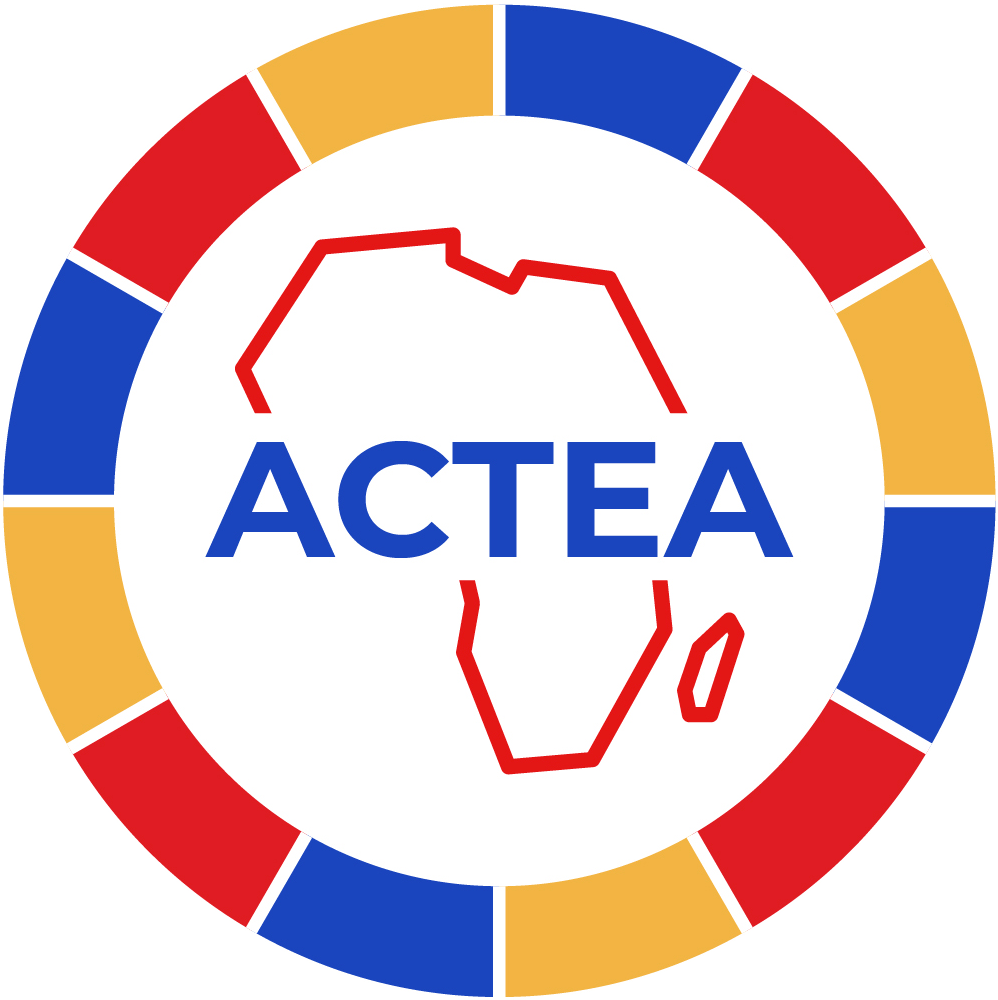The institution begins the accreditation process through submission of formal application to the ACTEA office in Nairobi, which requires the institution to disclose essential institutional data. In addition, the governing board of the institution must also formally declare its intention to pursue accreditation with ACTEA, and the payment of the application fee by the institution will confirm its intention. ACTEA awards provisional recognition once an institution’s theological education programme(s) can meet several core standards relating to quality of admissions, quality of teaching staff, quality of educational programme, and adequacy of library resources. Assessment of these core standards is based upon selected but essential aspects of the comprehensive ACTEA Standards. Where full compliance falls short, official assessment may accept a reasonable trajectory of development (e.g. plans for meeting total count of library resources specified by the Standards).
Normally, assessment of these core standards for provisional recognition demands an in-person, on-site visit from an official ACTEA Assessor(s), who usually is based within the same region as the institution. The institution will be responsible for the travel costs associated with this visit.
The duration of provisional recognition may extend to three years, although ACTEA encourages institutions to move towards full accreditation in less time than the three year limit in order to reap the reward of accredited status. While the status of Provisional Recognition does merit for the institution recognition, which may be advertised to stakeholders, and access to services through ACTEA global partners, it does not constitute voting membership in the General Assembly.
During this phase of provisional recognition, the institution will plan and work towards compliance of its theological education programme(s) with all of the ACTEA Standards contained in Part II of the Standards document (‘Standards and Guide to Self-evaluation’). Climactically, the institution carries out its institutional self-evaluation (see Part III of this document) and submits to ACTEA a Self-evaluation Report (see Part IV) based on the ‘Standards & Guide to Self evaluation’.
